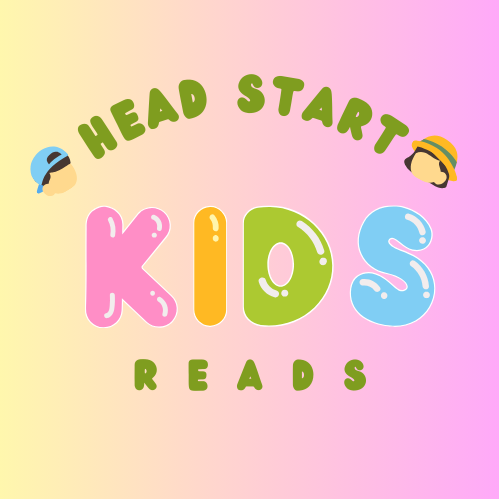In the ever-evolving landscape of education, the Reading Head Start program has emerged as a beacon of hope for parents, teachers, and guardians concerned about the long-term implications of delayed reading skills in a child’s future. As we navigate the challenges posed by the potential fallout of late literacy acquisition, Reading Head Start steps in as a comprehensive solution, actively addressing the concerns that educators and parents share regarding the lasting impact of delayed reading proficiency.
Table of Contents
ToggleI. The Lingering Concerns:
- Academic Struggles: One of the primary concerns shared by teachers, parents, and guardians is the potential for academic struggles in children who do not develop early reading skills. Research consistently highlights the correlation between early literacy and overall academic success. Without a solid foundation in reading, children may face challenges across various subjects, leading to a perpetual struggle to catch up.
- Social and Emotional Consequences: Delayed reading proficiency can extend beyond academic realms, impacting a child’s social and emotional well-being. In a world where communication is fundamental, children who struggle with reading may experience feelings of isolation, frustration, and low self-esteem. Addressing these social and emotional consequences becomes imperative to nurture well-rounded individuals.
- Limited Opportunities: As children progress through their educational journey, the opportunities available to them become increasingly tied to their reading abilities. A lack of early reading skills may limit a child’s access to advanced educational programs, extracurricular activities, and future career paths. This concern resonates deeply with parents and guardians who aspire for a bright and limitless future for their children.
II. Reading Head Start as a Solution:
- Early Intervention: Reading Head Start offers a proactive solution by providing early intervention in the critical phase of a child’s development. By focusing on interactive reading sessions, phonics mastery, and innovative learning games, the program ensures that children are equipped with the necessary skills at an early age, mitigating the risk of academic struggles later on.
- Emotional Intelligence Development: Recognizing the emotional toll of delayed reading skills, Reading Head Start places a strong emphasis on the holistic development of children. The program actively addresses the social and emotional consequences by fostering a positive learning environment and instilling confidence in young learners. This not only aids in academic pursuits but also contributes to the overall well-being of the child.
- Expanding Future Opportunities: Reading Head Start operates with the understanding that early literacy is the key to unlocking a world of opportunities for children. By ensuring that children develop essential reading skills from an early age, the program aims to broaden their horizons, providing access to a plethora of educational and career opportunities that may otherwise be limited.
III. Bridging the Gap: Concerns and Criticisms:
- Screen Time and Technology: One common concern voiced by both educators and parents is the integration of technology, particularly screen time, in early learning programs. Reading Head Start, while utilizing interactive online sessions, emphasizes a balanced approach. The program advocates for mindful use of technology, ensuring that it enhances the learning experience without overshadowing traditional methods.
- Adaptability to Diverse Learning Environments: Concerns regarding the adaptability of the program to diverse learning environments are valid. Reading Head Start addresses this by providing a versatile curriculum that caters to different learning styles and environments. Whether in a classroom setting or at home, the program aims to create a flexible and effective learning experience.
IV. Realizing Success Stories:
The success stories of children who have benefited from Reading Head Start provide a poignant counterpoint to the concerns expressed by teachers, parents, and guardians. Stories of academic achievement, enhanced emotional intelligence, and expanded opportunities serve as testimonials to the program’s efficacy in addressing the fears associated with delayed reading skills.
V. Navigating a Future of Literacy:
As educators, parents, and guardians grapple with concerns about the future implications of delayed reading skills, Reading Head Start stands as a guiding light. By actively addressing these concerns through early intervention, emotional intelligence development, and a commitment to expanding future opportunities, the program transforms the narrative surrounding the potential challenges of late literacy acquisition.
Conclusion:
Reading Head Start not only alleviates concerns but also redefines the narrative of early literacy. Through its proactive and holistic approach, the program empowers children to navigate a future of limitless possibilities. As educators and parents collaborate in the pursuit of a brighter future for the next generation, Reading Head Start emerges as a transformative force, bridging the literacy gap and ensuring that every child embarks on their educational journey with the tools they need for success.

